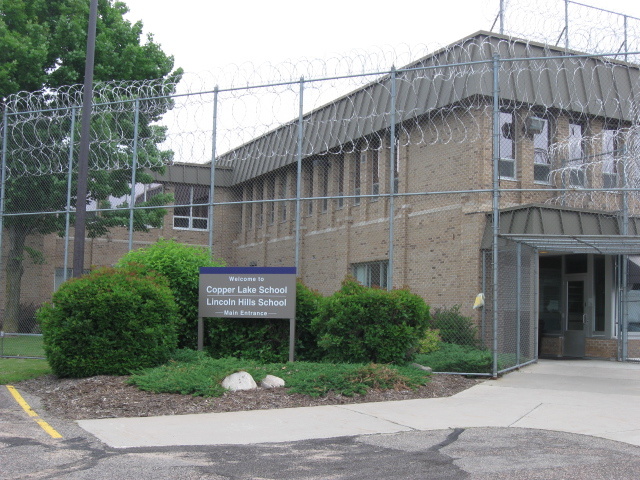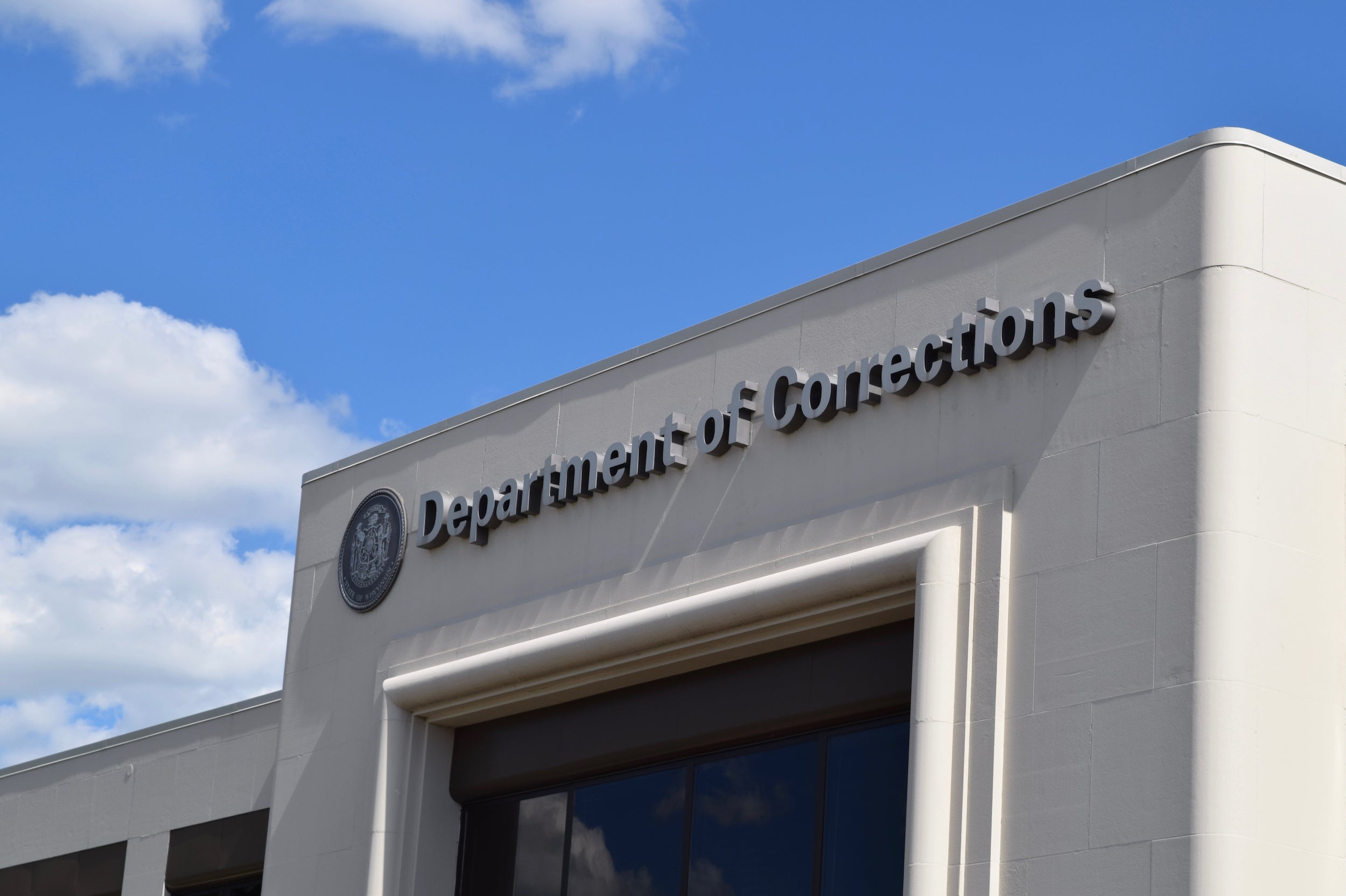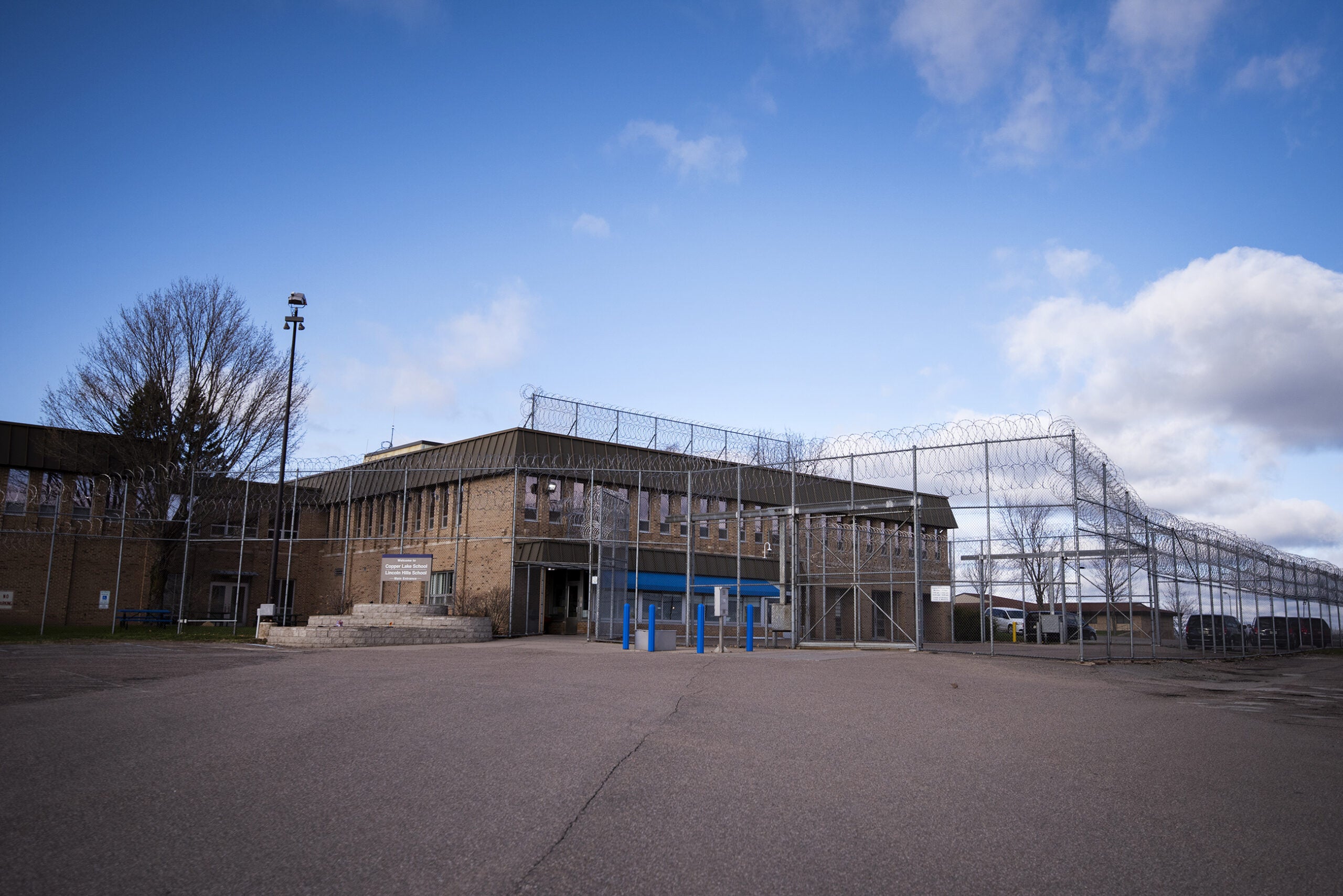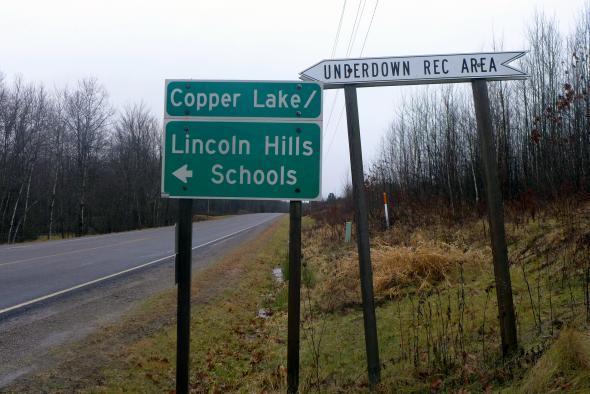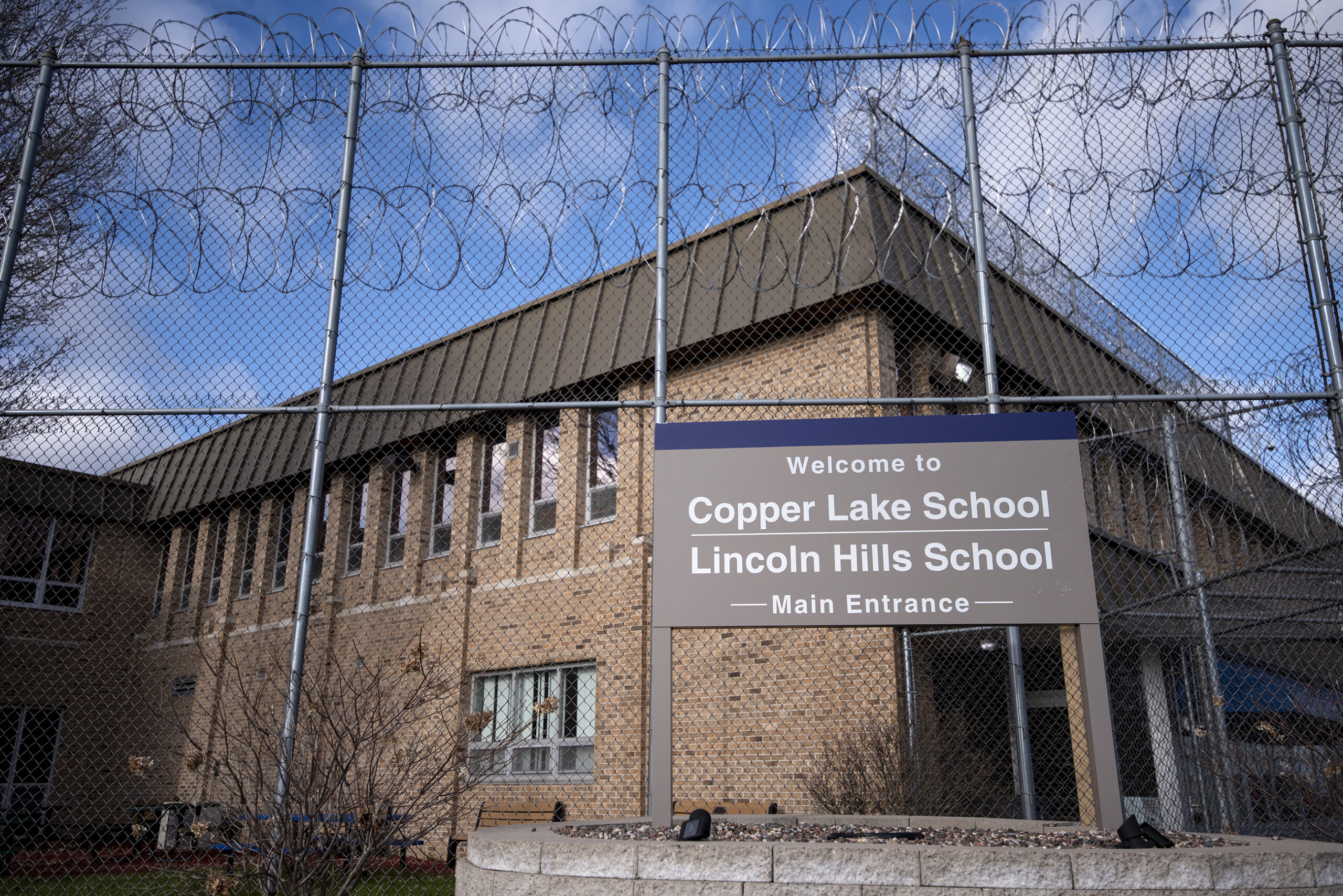State lawmakers voted Wednesday to approve funding for only a portion of Wisconsin’s plan to replace its embattled youth prison.
Republicans who control the state Legislature’s budget committee voted to approve about $102 million to build four new regional youth prisons in Dane, Brown, Milwaukee and Racine counties, but bypassed spending on two state-run facilities in Milwaukee and Outagamie counties.
Democrats unsuccessfully pushed funding for all the facilities.
Stay informed on the latest news
Sign up for WPR’s email newsletter.
The six prisons are intended to replace Wisconsin’s embattled youth prisons in Irma, Lincoln Hills and Copper Lake, which have been plagued for years by allegations of abuse and neglect, including the use of solitary confinement and pepper spray on the children held there.
Lincoln Hills and Copper Lake are legally required to close by July 2021, under a plan approved by lawmakers and signed by the governor last year.
But Rep. Evan Goyke, D-Milwaukee, said during Wednesday’s debate that the delay in funding for the two state-run facilities will ensure the state won’t meet its deadline.
The combined cost for the two state-run facilities was $73.2 million.
“Here we are, kicking the can down the road,” Goyke said.
Rep. Chris Taylor, D-Madison, argued it’s unacceptable to delay the opening of the state-run facilities, which are intended to house more serious offenders than individuals who will live at the county-run sites. Taylor said extending the amount of time some offenders will have to live at Lincoln Hills while they wait for the new facilities to be built is problematic.
“There is no way you can go up to (Lincoln Hills) and see those children and think you’re doing right by them,” said Taylor. “You’re not. You’re failing them, and you’re choosing to fail them.”
RELATED: New State-Run Youth Prisons Announced For Milwaukee, Outagamie County
According to the Legislature’s nonpartisan budget office, about 60 youth inmates would continue to live at Lincoln Hills until the state-run facilities are built. About 100 would be moved to the county-run youth prisons, which are intended to locate children closer to their families.
Republicans acknowledged they were creating a delay by not approving spending for the state-run facilities, but said plans for those prisons need more work.
“It’s a big change, it’s an expensive change, it’s a generational change and it’s going to take some time,” said Rep. Mark Born, R-Beaver Dam.
Some community members have raised concerns about the location choices for the state-run facilities in Milwaukee and Outagamie counties. Republicans on the committee referenced those concerns during Wednesday’s meeting.
After the vote, Sen. Robert Cowles, R-Green Bay, whose district includes Outagamie County, released a statement applauding the committee’s decision to hold back the money.
“From the day that Governor Evers and his Department of Corrections abruptly announced that Hortonia will house a Type 1 Serious Juvenile Offender Facility without the prior notification or acknowledgement of local citizens or elected officials, I have tirelessly advocated as a conduit for the constituents in my district to ensure their opposition to this location was heard,” the statement read. “I shared the concerns of these residents with members of the Joint Finance Committee, and I applaud them for listening and choosing to vote to reject this site.”
After the vote, state Department of Corrections Secretary Kevin Carr confirmed the vote will likely delay the closure of Lincoln Hills and Copper Lake.
“The way we demonstrate our priorities is where we put our investments, where we spend our money — and right now we’re making the decision not to spend our money to do what’s best for the kids in this state,” Carr said.
The funding for the county-run facilities needs another layer of approval from the state Building Commission before being released to counties.
According to a summary from the Legislative Fiscal Bureau, the county facilities would offer between 23 and 40 beds for juvenile offenders. Dane County’s plan is projected to cost $6.7 million, Milwaukee County’s $25 million, Racine County’s $46 million and Brown County’s $43 million.
Wisconsin Public Radio, © Copyright 2025, Board of Regents of the University of Wisconsin System and Wisconsin Educational Communications Board.
